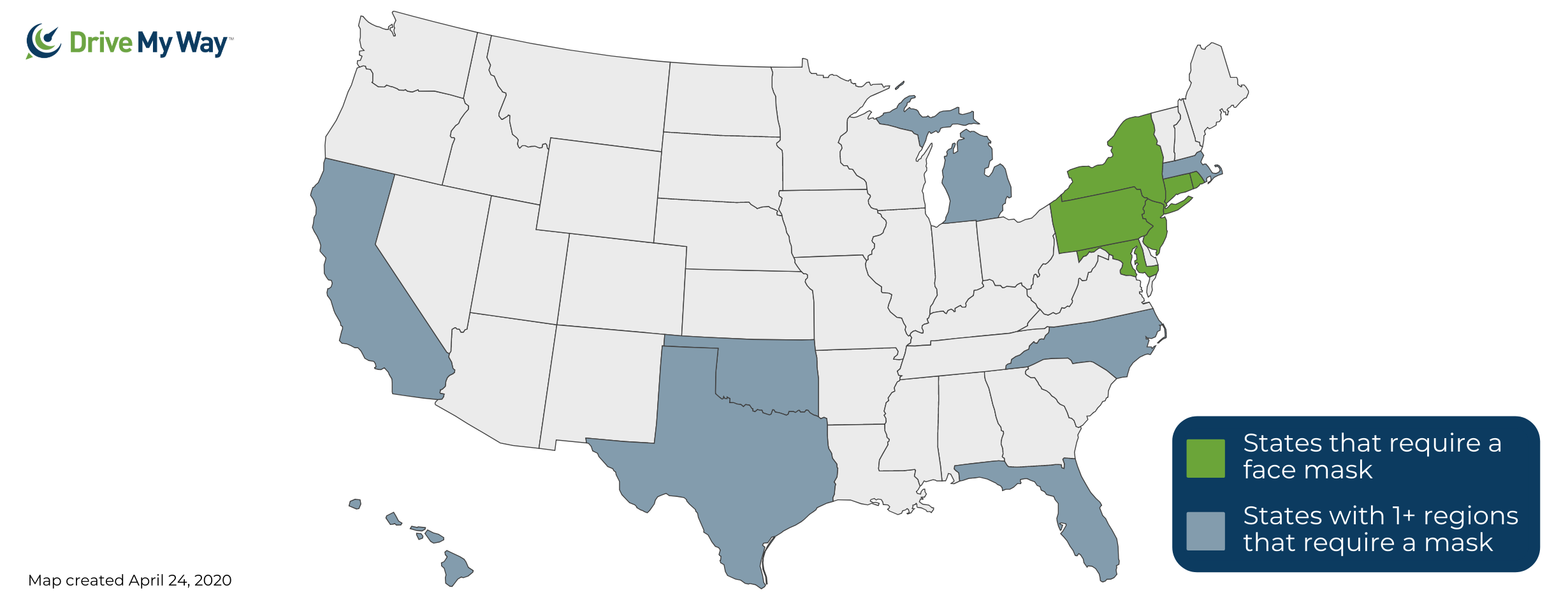
How dangerous is it to be a truck driver?
Some CDL drivers might answer that question differently, depending on the freight they carry, experience level, and kind of vehicle they operate. However, the risks associated with being a truck driver extend beyond the dangers of the road.
While accidents and hazardous driving conditions are certainly concerns, the real threats to a truck driver’s well-being often stem from the lifestyle that accompanies the job. Long hours behind the wheel, irregular sleep patterns, and the physical strain of loading and unloading cargo can all take a significant toll on a driver’s health.
Keep reading to find out six of the most common health problems faced by truck drivers, and what proactive steps you can take to safeguard your well-being.
Obesity
One of the most challenging issues facing truck drivers today is the rising rate of obesity. The sedentary lifestyle of trucking, including long hours of sitting and limited access to healthy food options on the road, has made obesity especially prevalent in this profession.
In fact, according to the CDC, truck drivers are twice as likely to struggle with obesity compared to other US workers. Obesity can also make it difficult to pass a DOT Physical, turning it from a health problem to a potential financial burden as well.
For truck drivers looking to combat obesity, consider packing sustainable snacks, such as fruits, nuts, yogurt, and meal prepping ahead of time. Cooking at home and bringing it on the road will not only impact your health, but can also cut down on daily expenses. When eating out, look for greens, lean proteins, and whole grains.
Drivers should also try to implement simple exercises, such as walking or stretching, during breaks. Resistance bands are a cheap way to stretch and exercise at rest stops, or simply find bodyweight exercises that feel best for you, like squats or push-ups.
Cardiovascular Diseases (Heart Disease, Hypertension)
Unfortunately, obesity goes hand-in-hand with many other health problems faced by truck drivers nationwide. Obesity, poor diet, chronic stress, and smoking are all factors that cause cardiovascular diseases and high blood pressure.
Similar to fighting obesity, even small amounts of regular physical activity can have a significant impact on heart disease. Diet also plays a vital role in protecting your heart health, especially by reducing sodium intake and eating less processed foods.
Mobile apps are a fantastic way to track your eating habits and exercise, providing a way to hold yourself accountable daily and monitor your progress over time.
Musculoskeletal Problems (Back Pain, Neck Pain, Joint Issues)
Sitting all day every day on the job does not just increase the risk of obesity and heart disease, it can also lead to potentially dangerous issues with your back, neck, and joints.
Poor posture, inadequate seat support, and heavy lifting without proper technique are all contributing factors for musculoskeletal problems. Over time these issues can worsen and potentially become life threatening if not addressed.
Consider investing in ergonomic seat cushions and lumbar supports, such as a brace or cushion. It can also help to adjust your seat and mirrors to encourage good posture while on the road. Stretching at rest stops is another way to significantly reduce your risk of long-term health problems, focusing on relieving tension in your neck, back, and shoulders.
It is also essential as a trucker to learn the correct lifting techniques to avoid injuries. When possible, use tools like dollies to minimize strain.
Diabetes
Truck drivers also face a significantly higher risk of developing diabetes, with a 2018 CDC study revealing that they are 50% more susceptible to the disease than the national average.
This life-threatening condition is often caused by a combination of poor diet, obesity, and lack of exercise, all of which are common challenges in the trucking profession.
To avoid diabetes, maintaining a healthy diet and incorporating regular exercise into your routine are crucial. However, drivers over 45 with a family history of diabetes should be especially vigilant. Visit your doctor promptly if you start to exhibit any of the early signs, such as swollen gums, unexplained weight loss, or frequent urination.
Sleep Disorders
Truck drivers often have unique work schedules unlike any other career. Although this is what attracts some drivers to the profession, the irregular sleep patterns, stress, and lack of physical activity can lead to dangerous sleep disorders like sleep apnea and insomnia.
Sleep disorders might sound more tame than other health problems on this list, but they can be just as deadly for yourself and other drivers on the road. To combat these disorders, try to follow a consistent sleep schedule, even if it is at odd hours of the day. Many drivers can do this by creating a restful sleep environment using earplugs, eye masks, and blackout curtains in their cab.
It is also essential to follow the FMCSA hours of service regulations, and to never drive if you feel too tired.
Mental Health Issues
One of the most pressing health issues facing drivers across the nation is also one of the least talked about. Mental health issues, such as depression, anxiety, and loneliness, can be just as life threatening as other diseases if ignored and untreated.
Due to long hours on the road, often in isolation, stress from tight schedules, traffic, and job demands, and a poor work-life balance away from family and friends, truck drivers are at a considerable risk of developing severe mental health issues.
Some of the best strategies to combat mental health issues are by staying connected to loved ones through regular video calls, prioritizing physical health, and recognizing warning signs before they become worse.
If you, or a fellow driver, are experiencing any signs of mental health issues, consider using resources such as teletherapy or in-person counseling.
Truck driving is essential to our economy and way of life, which makes it even more important to protect the health of every CDL driver.
For more advice on truck driving safety and well-being, check out the rest of our Driver Blog and connect with us on social media.






 3. Prioritize health
3. Prioritize health 5. Don’t forget life outside of trucking
5. Don’t forget life outside of trucking
 One of Rodney Hopson’s saddest moments came when he realized he’d have to stop doing what he loved.
One of Rodney Hopson’s saddest moments came when he realized he’d have to stop doing what he loved. On Saturday he walked 10km from the Calliope River Bridge to Bunting Park, followed by a big yellow truck, to raise awareness and funds.
On Saturday he walked 10km from the Calliope River Bridge to Bunting Park, followed by a big yellow truck, to raise awareness and funds.



 a lot you can choose from, depending on your own personal tastes. Any of the following foods will do, and it’s just a sampling: Eggs, raw nuts, bacon, olive oil, coconut oil, heavy whipping cream, real butter, meat, fish and steamed vegetables (except root vegetables). The fattier the better.
a lot you can choose from, depending on your own personal tastes. Any of the following foods will do, and it’s just a sampling: Eggs, raw nuts, bacon, olive oil, coconut oil, heavy whipping cream, real butter, meat, fish and steamed vegetables (except root vegetables). The fattier the better.





